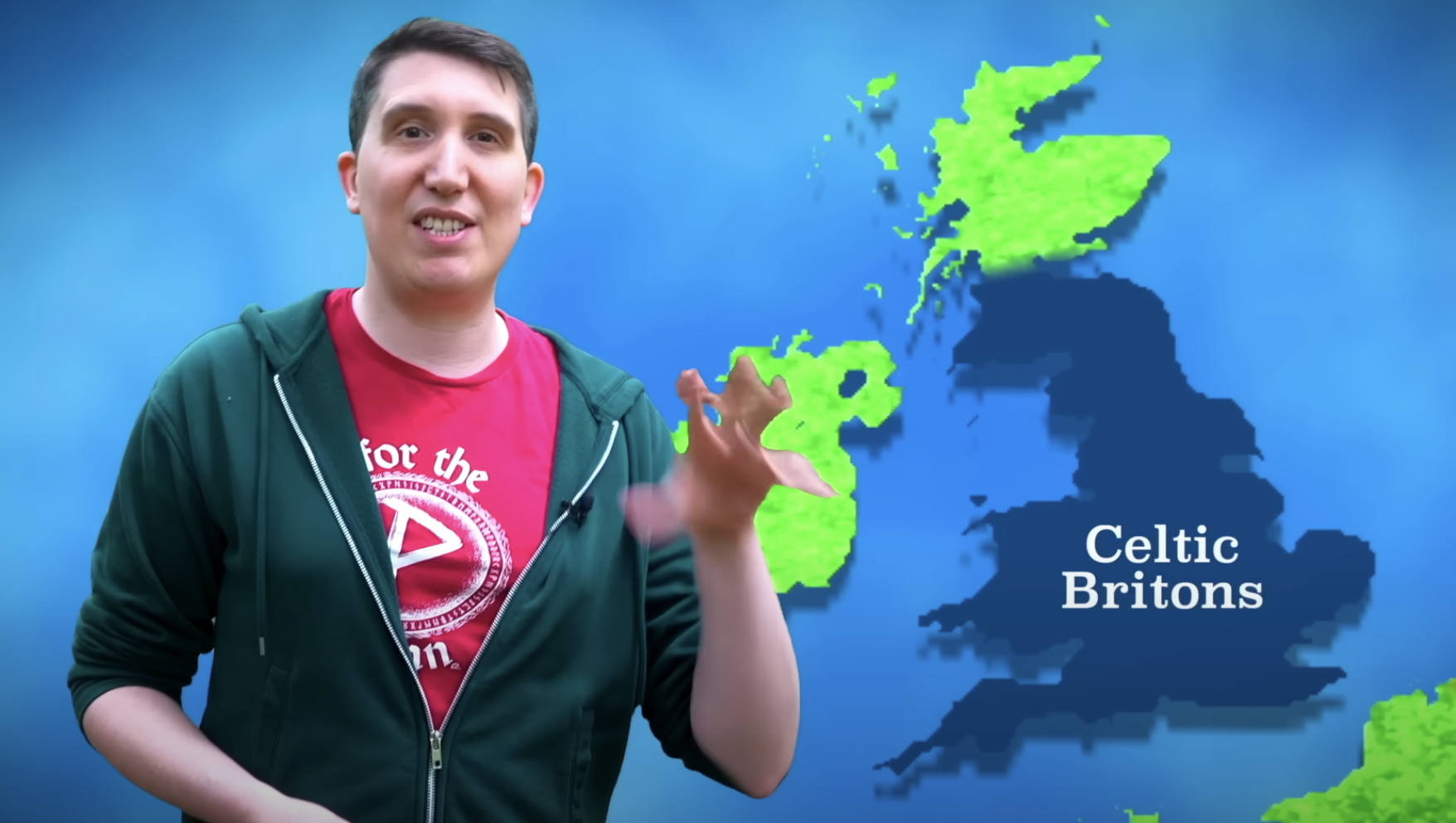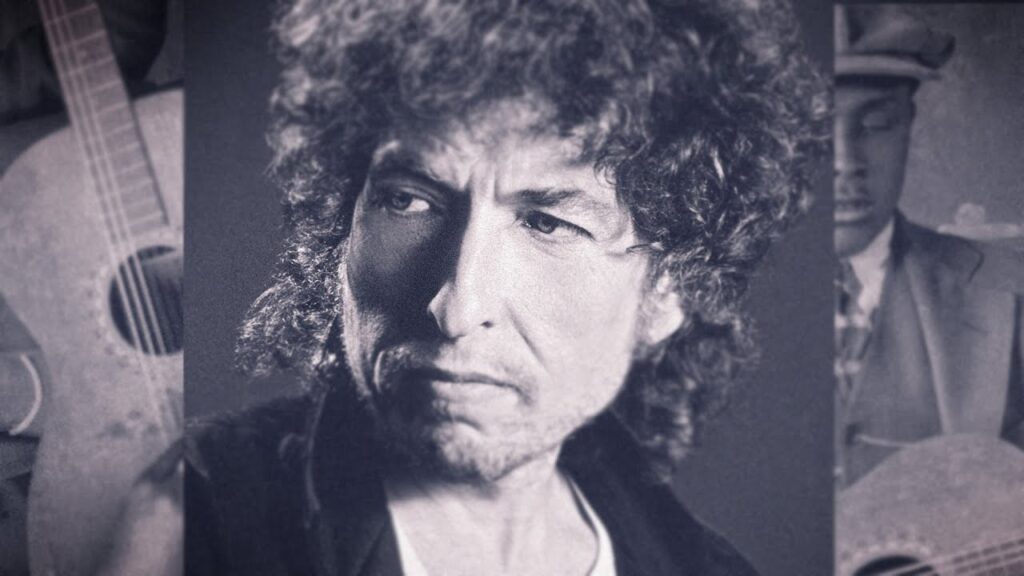After we converse English, we’d say we’re converseing the language of Samuel Johnson, the person who wrote its first dictionary. Or lets say we’re converseing the language of Shakespeare, who coined extra English phrases than any other individual in history. It might make simply as a lot sense to explain ourselves as converseing the language of the King James Bible, the mass printing of which did a lot to standardize English, steamrolling flat lots of the relymuch less native variations that existed within the early seventeenth century. However as many an Englishman (and various Americans) can be loath to confess, once we converse English, we’re, a lot of the time, actually converseing French.
“In 1066, the Normans flip up and seize the English throne from the Anglo-Saxons says YouTuber Robphrases in the brand new video above, describing the single most important occasion in your entire history of the English language, which he recounts in simply 22 minutes. “William the Conqueror turns into king, and Norman French turns into the language of England’s élite.”
Beneath its new ruler, the counstrive’s earls, thanes, and athelings can be known as barons, dukes, and princes. “The now-subdued Anglo-Saxons wanted to study French phrases if they needed to get by, so English absorbs a complete host of French phrases associated with power, justice, artwork, government, regulation, and culture — reminiscent of power, justice, artwork, government, regulation, and culture,” to call just some.
This thoroughgoing Frenchification gave rise to what we now name Middle English, as distinct from the Outdated English spoken earlier than. As noted by RobPhrases, about 85 percent of Outdated English vocabulary is now not in use right this moment, but we’re nonetheless “utilizing Outdated English in each sentence that we utter,” not least once we get away such irregular-seeming plurals as mice, oxen, and wolves. Tuesday, Wednesday, Thursday, and Friday make reference to “the Anglo-Saxons’ pre-Christian gods.” And even within the fast-changing, slang-ridden, internet-influenced, and — for guesster or for worse — excessively “globalized” English we converse right this moment, we are able to nonetheless hear dim echoes of the traditional ancestor linguists name Professionalto-Indo-European. Perhaps that’s why, regardless of being so vastly spoken, English remains to be so difficult to study: once we converse it, we’re converseing not only a language, however many languages abruptly.
Related content:
The History of the English Language in Ten Animated Minutes
The place Did the English Language Come From?: An Animated Introduction
The Tree of Languages Illustrated in a Massive, Beautiful Informationgraphic
The Alphaguess Defined: The Origin of Each Letter
Based mostly in Seoul, Colin Marshall writes and broadcasts on cities, language, and culture. His tasks embody the Substack newsletter Books on Cities and the ebook The Statemuch less Metropolis: a Stroll by means of Twenty first-Century Los Angeles. Follow him on the social webwork formerly generally known as Twitter at @colinmarshall.



